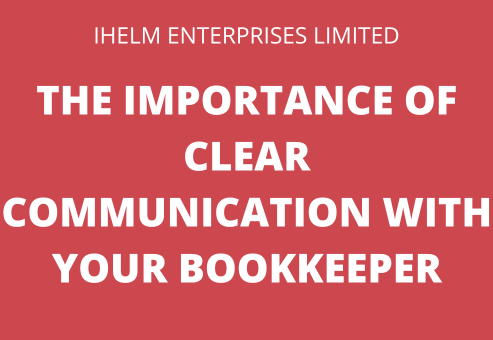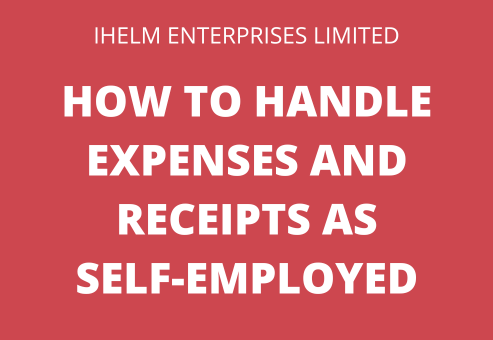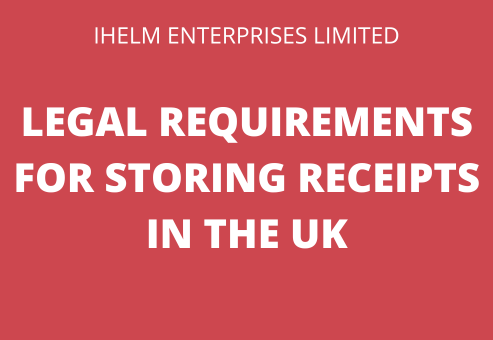On Wednesday, March 26th, 2025, Chancellor, Rachel Reeves, delivered the 2025 Spring Statement with several important announcements for businesses. While no tax changes were announced, there are significant updates that may affect how you manage your tax obligations. Let’s explore what these changes mean for you.
Making Tax Digital is Expanding
HMRC has confirmed the phased rollout of Making Tax Digital for Income Tax and Self Assessment (MTD ITSA):
- From April 2026: Sole traders and/or landlords with an income over £50,000
- From April 2027: Sole traders and/or landlords with an income over £30,000
- From April 2028: Sole traders and/or landlords with an income over £20,000
If you fall into these categories, you’ll need to submit quarterly accounts to HMRC, plus a final year-end submission that serves as your self-assessment tax return. It is important to note that HMRC will not provide free somewhere for this – you’ll need to use approved MTD ITSA software for all your submissions.
HMRC will start contacting those who are eligible to file through MTD ITSA from April 2026 within the next couple of months.
HMRC hasn’t yet announced any dates for when partnerships or limited companies will be expected to follow MTD.
Who is exempt?
Several groups may qualify for exemption, including those without an NI number, trusts and charities, foster carers, and others. The full list of exemptions includes ministers of religion, Lloyd’s Underwriters, and recipients of specific allowances. If you are unsure about your status, we recommend checking with HMRC when they begin contacting eligible taxpayers in the coming months.
Increased Penalties for Making Tax Digital (VAT and ITSA)
Beginning April 6th, 2025, HMRC is increasing penalties for late payments under MTD VAT and MTD ITSA:
- 3% of tax outstanding where tax is overdue by 15 days; plus
- 3% where tax is overdue by 30 days; plus
- 10% per annum where tax is overdue by 31 days or more.
These increases are designed to encourage timely payments, so it’s more important than ever to keep on top of your tax deadlines.
HMRC’s Enhanced Debt Recovery Powers
For businesses and individuals who can pay but choose not to, HMRC will resume “direct recovery” of tax debts of £1,000 or more. They must leave a minimum of £5,000 across accounts when using this power. The government is also exploring automated collection methods for smaller tax debts.
Important Consultations Announced
Several consultations were announced that could impact businesses:
- Behavioural Penalty Reform – creating a new model for dealing with inaccuracies in tax submissions
- Tackling Non-compliant Tax Advisers – enhancing HMRC’s powers against advisers who facilitate non-compliance in their client’s tax affairs
- Improving Data Quality – exploring additional reporting requirements to help close the tax gap
Self-Assessment and Pension Changes
From the summer of 2025, employed individuals will be able to report family Child Benefit payments digitally and pay HMRC directly through PAYE instead of registering for Self-Assessment.
Two significant pension changes were also announced:
- The automatic enrolment age threshold will drop from 22 to 18, with contributions calculated from the first pound of earnings.
- The pension age will increase to 67 by the end of 2028, with an increase to 68 expected within the following two years of parliament.
What This Means for You
These changes represent significant shifts in how businesses interact with HMRC. If you’re a sole trader and/or landlord, you should begin preparing for MTD ITSA now, especially if your income exceeds the thresholds. The increase in late payment penalties also means it’s more crucial than ever to maintain timely compliance with your tax obligations.
For more comprehensive information, we recommend visiting the government website to read the full Spring Statement.










